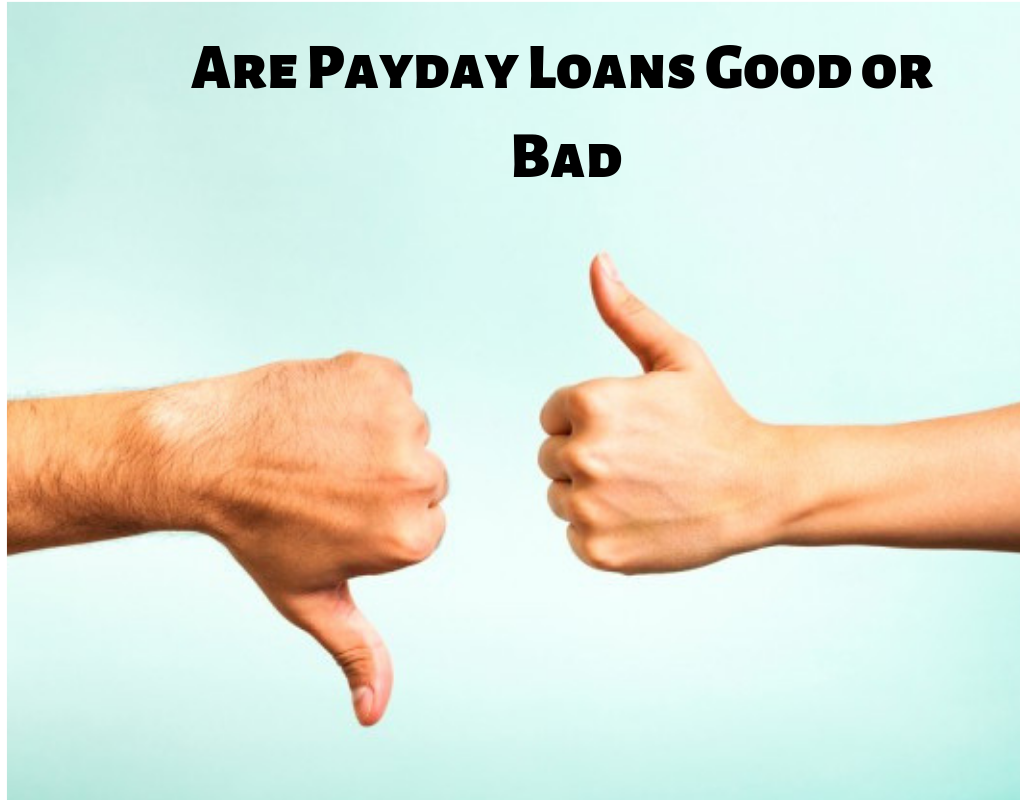People commenting on the payday loan industry usually fall into one of two groups: those who love the product, or those who vehemently despise them.
This polarity exists because of the touchy void that payday loans fill.
The lending industry operates on the basis of credit. Those with good credit scores are deemed as desirable business partners by lenders, and thus receive more favorable rates and financing options. Those with poor credit scores are seen as less desirable by lenders, receiving higher interest rates and more costly loans. If a borrower’s credit score is too low, they will not qualify for any money from a traditional lender. Consequently, those borrowers have a very difficult time purchasing anything unless they save up their money.
And God forbid an unexpected expenditure or emergency arises.
That’s the reason payday loan supporters often cite: they say the cash advance industry exists to provide short-term financing to those who cannot receive it elsewhere.
When traditional lenders—such as banks and credit unions—deny a borrower’s application for financing, payday loan lenders will often accept that borrower’s request. This is because cash advance lenders don’t look at credit score or financial history, but instead at income.
So long as a borrower has a job and a checking account, they will almost assuredly qualify for a payday loan.
However, this type of financing comes with drawbacks. And it’s those drawbacks that the industry’s opponents cannot let go of.
Payday loans come with very steep fees when compared with alternative financing opportunities offered elsewhere. For a two-week loan of $100, a borrower can expect to pay around a $15 fee.
Don’t mistake that for a mere 15 percent interest though. That’s a $15 fee every two weeks. So if a borrower needs that $100 loan for one month (4 weeks), he or she can expect to pay about $30 in fees. Following this progression, if a borrower takes four months to repay their original $100 balance, that borrower would pay $120 in fees—more than the original loan itself.
And that’s why opponents fight against the industry: they claim payday loans kick a man while he’s already down, charging usurious fees to those who are already in a financially crippled state.
So the question of whether payday loans are good or bad is really in the eye of the beholder. If you couldn’t acquire financing from anywhere and needed cash fast, wouldn’t you want this service to be available? That being said, if you were in a poor financial position, wouldn’t you want to avoid paying such an absurdly high fee for such a small amount of money?


